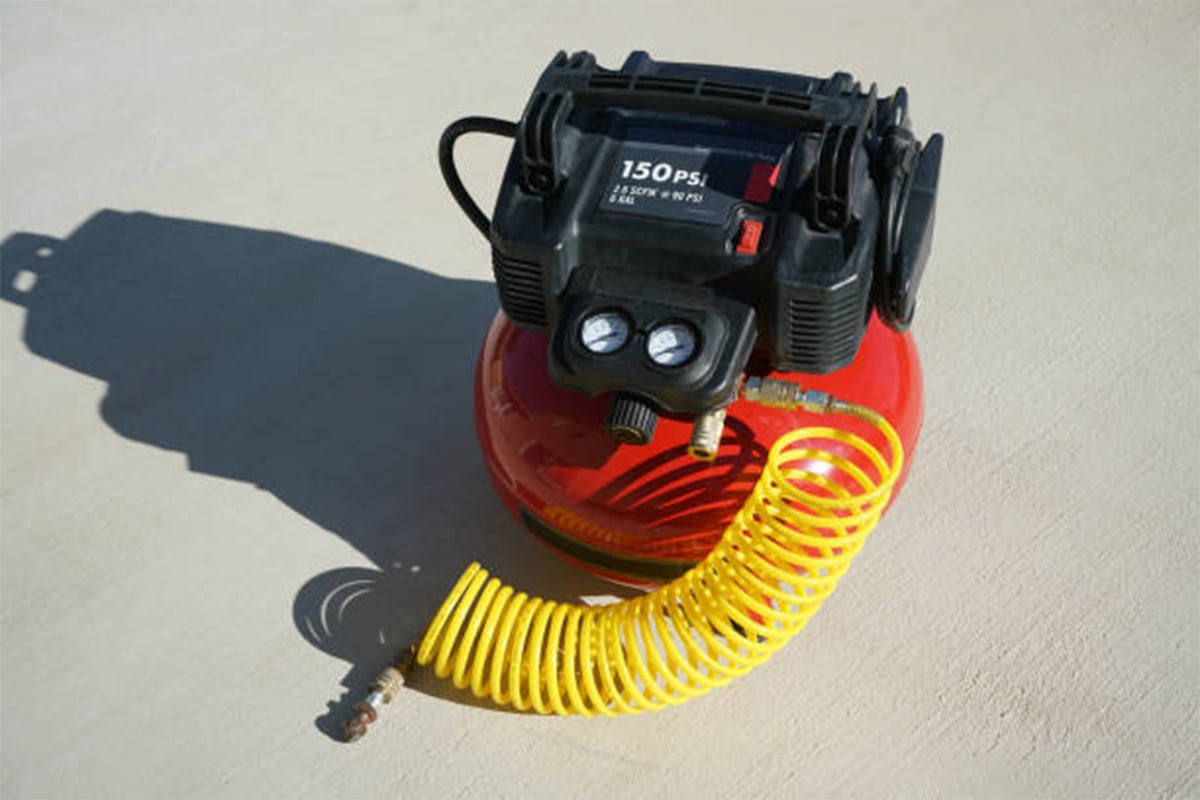The Basics of Air Compressors
When it comes to powering various tools and equipment, air compressors are a valuable tool in many industries. They work by converting power from a motor or engine into potential energy stored in pressurized air. This article will provide a comprehensive guide to understanding different types and uses of air compressors.
Reciprocating Air Compressors: Power and Versatility
One of the most common types of air compressors is the reciprocating air compressor. This type uses a piston within a cylinder to compress air. Reciprocating air compressors are known for their power and versatility, making them suitable for a wide range of applications, from powering pneumatic tools to inflating tires.
Rotary Screw Air Compressors: Efficiency and Consistency
Another popular type of air compressor is the rotary screw air compressor. Instead of using pistons, this type utilizes two interlocking helical screws to compress air. Rotary screw air compressors are highly efficient and provide a continuous flow of compressed air, making them ideal for applications that require a constant supply of compressed air, such as industrial manufacturing processes.
Centrifugal Air Compressors: High Volume and High Speed
Centrifugal air compressors are typically used in large-scale industrial applications that require high volumes of compressed air. This type of compressor operates at high speeds to generate compressed air by using centrifugal force. Centrifugal air compressors are commonly found in industries such as oil refineries and chemical plants.
Oil-Free Air Compressors: Clean and Reliable
Oil-free air compressors are designed to deliver clean and contaminant-free compressed air. These compressors use special materials and coatings to eliminate the need for lubricating oil, making them suitable for applications where oil-free air is essential, such as food and beverage manufacturing, medical facilities, and electronics production.
Piston-Type Air Compressors: Ideal for DIY Enthusiasts
Piston-type air compressors, also known as single-stage compressors, are often preferred by DIY enthusiasts and small workshop owners. They are compact, affordable, and suitable for light to medium-duty tasks such as inflating sports equipment, powering airbrushes, and running small pneumatic tools.
Two-Stage Air Compressors: Heavy-Duty Performance
For more demanding applications, two-stage air compressors are the go-to choice. These compressors have two cylinders, with the first stage compressing the air and sending it to the second stage for further compression. Two-stage compressors are capable of producing higher pressures and are commonly used in automotive repair shops, construction sites, and industrial facilities.
Air Compressors for Specific Industries
Depending on the industry and application, certain air compressors are better suited than others. For example, in the construction industry, portable air compressors are often used for powering pneumatic hammers and nail guns. On the other hand, the automotive industry relies on air compressors with high CFM (cubic feet per minute) ratings for operating air tools and paint spray guns.
Air Compressor Accessories: Enhancing Performance
To optimize the performance of air compressors, various accessories can be used. Air dryers, for instance, remove moisture from compressed air to prevent damage to equipment and ensure consistent performance. Air receivers or tanks store compressed air for immediate use, reducing the workload on the compressor. Additional accessories include filters, regulators, and lubricators, which help maintain the quality and efficiency of compressed air.
Regular Maintenance for Longevity
Proper maintenance is crucial for the longevity and efficient operation of air compressors. Regularly checking and changing the oil in reciprocating air compressors, inspecting and cleaning filters, and ensuring proper belt tension in belt-driven compressors are some of the routine maintenance tasks that should be performed. Following manufacturer guidelines and scheduling professional maintenance can help prevent costly breakdowns and extend the lifespan of air compressors.


